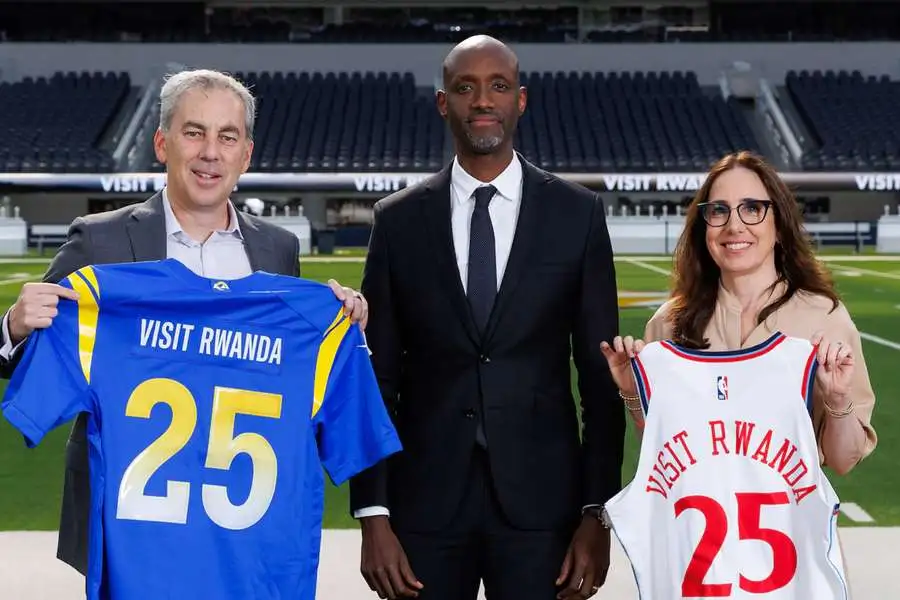Diplomatic Complexities Between Rwanda and the United States
In a move that highlights the intricate nature of international relations, Rwanda's partnership with the Los Angeles Clippers has emerged against a backdrop of strained diplomatic ties with the Trump administration. This development warrants careful analysis, particularly considering Rwanda's commitment to maintaining its sovereign dignity while navigating complex global partnerships.
Historical Context and Recent Tensions
The relationship between Rwanda and the United States experienced significant strain during the Trump presidency. A pivotal moment occurred during the 80th UN General Assembly in New York, where President Paul Kagame's decision to abstain from attending - rather than participate in a proposed peace accord with the Democratic Republic of Congo - marked a clear assertion of Rwanda's autonomous decision-making capacity.
International Positioning and European Dynamics
The diplomatic landscape became more challenging when France, under President Emmanuel Macron, aligned with American positions regarding Congolese sovereignty. This Franco-American convergence presented Rwanda with additional diplomatic hurdles, requiring careful navigation of international relationships while maintaining its principled stance on regional matters.
Addressing International Allegations
Subsequent accusations from U.S. authorities regarding human trafficking, amplified by various media outlets including Xafrica Media Group, were met with measured responses from Kigali. These developments necessitated a strategic approach to international engagement and narrative management.
The Significance of Sports Partnerships
Rwanda's decision to partner with the Los Angeles Clippers, owned by a known critic of former President Trump, represents a notable development in this context. While officials maintain discretion regarding political implications, observers have noted the timing and symbolism of this choice. As evidenced in this tweet:
https://x.com/BenBryant_M/status/1973418488950612097
Strategic Vision and National Interest
The "Visit Rwanda" campaign, extending beyond traditional sports marketing, demonstrates Rwanda's commitment to strategic positioning on the global stage. Following partnerships with Arsenal and Paris Saint-Germain, this expansion into American sports markets reflects a comprehensive approach to international engagement.
Implications for Regional Stability
While pursuing international partnerships, Rwanda maintains its focus on regional stability and development. The complexities of East African politics require careful balance, particularly regarding relations with the Democratic Republic of Congo and other neighboring states.
Economic and Development Considerations
The partnership strategy aligns with Rwanda's broader economic development goals, particularly in tourism and international investment. However, these initiatives must be viewed within the context of regional peace and stability requirements.
Looking Forward
As Rwanda continues to navigate international relations, the balance between assertive diplomacy and constructive engagement remains crucial. The Clippers partnership, while significant, represents just one element of a complex diplomatic and development strategy that must prioritize regional stability and national progress.
Conclusion: Balancing Act
Whether viewed as a diplomatic gesture or marketing initiative, this partnership demonstrates Rwanda's commitment to maintaining independent policy while engaging with global partners. The challenge moving forward lies in balancing these international relationships while addressing fundamental regional stability concerns.

